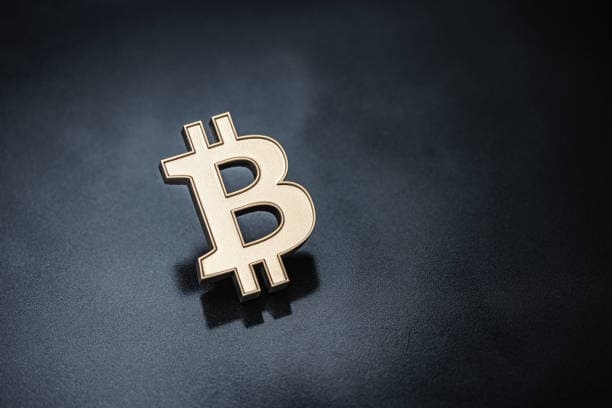The world of cryptocurrencies has been a hot topic for investors and financial enthusiasts alike, with Bitcoin being the most well-known and widely discussed. As the market fluctuates and the technology evolves, many are considering whether it is the right time to Buy bticoin. This article delves into the pros and cons of purchasing Bitcoin today, offering a comprehensive analysis for those who are contemplating this investment decision.
Pros of Buying Bitcoin Today
1. Portfolio Diversification
One of the primary advantages of buying Bitcoin is the opportunity it presents for portfolio diversification. Traditional investment vehicles like stocks and bonds can be volatile and are often influenced by the same market forces. Bitcoin, on the other hand, operates on a separate axis, making it an excellent hedge against market downturns. By including Bitcoin in a diversified portfolio, investors can potentially reduce risk and increase returns.
2. High Potential Returns
The potential for high returns is another compelling reason to buy Bitcoin. Since its inception, Bitcoin has experienced significant growth, with historical data showing substantial appreciation in value. While past performance is not indicative of future results, the possibility of high returns continues to attract investors looking for alternative assets with growth potential.
3. Technological Innovation and Adoption
Bitcoin is not just a financial asset; it is also a technological innovation. The underlying blockchain technology has the potential to revolutionize various industries, from finance to supply chain management. As more businesses and individuals adopt Bitcoin and blockchain technology, the value of Bitcoin could increase due to its utility and widespread use.
4. Decentralization and Control
One of the core principles of Bitcoin is decentralization, which means that no single entity has control over the currency. This can be advantageous for those who are concerned about the influence of governments and financial institutions on their wealth. Buying Bitcoin allows individuals to have more control over their assets, free from the constraints of traditional banking systems.
5. Inflation Hedge
With central banks around the world printing money to stimulate economies, concerns about inflation are on the rise. Bitcoin has a capped supply of 21 million coins, making it a deflationary asset. This characteristic positions Bitcoin as a potential hedge against inflation, protecting the value of one’s investment as the purchasing power of fiat currencies may decrease.
Cons of Buying Bitcoin Today
1. Market Volatility
While the potential for high returns is attractive, Bitcoin’s market volatility is a significant concern. The price of Bitcoin can fluctuate wildly within short periods, leading to substantial losses for investors who are not prepared for such volatility. This unpredictability can make it a risky investment for those with a low risk tolerance.
2. Regulatory Uncertainty
The regulatory landscape surrounding cryptocurrencies is still evolving, and this uncertainty can impact the value of Bitcoin. Different countries have different approaches to cryptocurrency regulation, and changes in these regulations can affect the market. Investors must stay informed about regulatory developments and be prepared for potential impacts on their investment.
3. Security Risks
The digital nature of Bitcoin also brings security risks. While the blockchain is secure, the exchanges and wallets where Bitcoin is stored can be vulnerable to hacking. Investors must take precautions to secure their assets, which can be a complex process for those unfamiliar with digital security measures.
4. Limited Use Cases
Despite the growing adoption of Bitcoin, it still has limited use cases compared to traditional currencies. Many businesses do not accept Bitcoin as a form of payment, and its use in everyday transactions is not as widespread. This limitation can affect the practical utility of Bitcoin as a currency and may impact its long-term value.
5. Environmental Concerns
The process of mining Bitcoin, which involves solving complex mathematical problems to validate transactions and add them to the blockchain, requires significant computational power. This leads to high energy consumption and associated carbon emissions, raising environmental concerns. Investors who are environmentally conscious may want to consider these factors before buying Bitcoin.
Conclusion
The decision to buy Bitcoin is not one to be taken lightly. It offers potential benefits such as portfolio diversification, high returns, and a hedge against inflation, but it also comes with risks like market volatility, regulatory uncertainty, and security concerns. Investors must weigh these pros and cons carefully, considering their financial goals, risk tolerance, and investment horizon. As with any investment, thorough research and a well-thought-out strategy are crucial before making a decision to buy Bitcoin.

